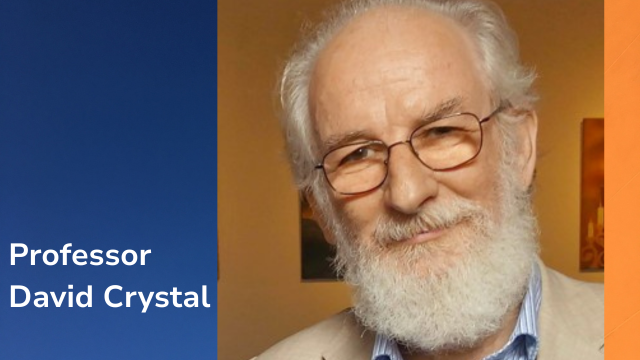-
QUALIFICATIONS
- For Linguists Worldwide
- For UK Public Services
- Preparation
- Policies & Regulation
-
MEMBERSHIP
- Join CIOL
- Professional Membership
- Affiliate Membership
- Chartered Linguist
- Already a member?
- Professional conduct
- Business & Corporate Partners
-
LANGUAGE ASSESSMENTS
- English
- All Other Languages
-
CPD & EVENTS
- Webinars & Events
- CIOL Conferences
- Networks
- CIOL Mentoring
-
NEWS & VOICES
- News & Voices
- CIOL eNews
- CIOL Awards
- The Linguist Magazine
- Jobs & Ads
-
RESOURCES
- For Translators & Interpreters
- For Universities & Students
- Standards & Norms
- CIOL & AI
- All Party Parliamentary Group
- In the UK
- UK Public Services
- Find-a-Linguist
When you move abroad, work stops being just work

By Teresa Simone
When you move abroad, work stops being just work
When you move to work in another country, work stops being just work.
Work isn’t just what you do.
- It’s where you feel competent.
- It’s where you know who you are.
- It’s where your place in the world feels clear.
When you move to another country, that structure breaks down.
- Not because you’ve lost your skills.
- But because the context that made them visible, legible, and valuable is gone.
Anthropology reminds us:
- Every culture has its unique approach to work.
- What “professional” looks like.
- How power is expressed.
- What gets rewarded.
- How you handle time, silence, conflict, and success.
Psychology adds:
- Work is part of your identity.
- It’s not just where you perform — it’s where you’re seen.
And suddenly, abroad, you’re not seen in the same way.
- You feel off, but not wrong.
- Capable, but not recognized.
The role fits, but the stage has shifted.
- It’s not incompetence.
- It’s cultural misalignment.
So, what can you do when this happens?
Here are three grounded steps to find your bearings again:
1. Decode the hidden rules
- Every culture has unspoken workplace codes:
- How to give feedback,
- how direct to be,
- what counts as “initiative”.
- Watch. Listen. Take notes.
Ask yourself:
- “What’s seen as confident here?
- What’s too much?”
Don’t adapt immediately. Understand first, then choose
2. Rework your ‘value’ language
- Sometimes your skills don’t “land” because the surrounding story doesn’t translate.
- Write down 5 of your strongest traits.
- Then rewrite them using the local symbolic language. (If you’re seen as “too emotional,” maybe that’s relational leadership in this context.)
Translation isn’t enough, you need reinterpretation.
3. Redefine your professional stance, on purpose.
- You don’t need to be the same person you were before moving.
- You’re allowed to change, not because you’re scared, but because you’re growing and choosing differently
Ask yourself:
- “How do I want to present myself here?”
- “Which part of me do I want to show in this new professional context?”
Sometimes, moving abroad gives you the freedom to leave behind roles or labels that never really felt like you, they just happened to stick.
Now, you get to decide who you want to be.
You’re not losing your identity. You’re choosing how to evolve it
Moving to a new country can disrupt your work identity, too. But in that disruption, there’s space to rebuild, not just your résumé, but your relationship to who you are when you work.

Teresa Simone is an international sales and export coordination professional with over 15 years of experience helping companies expand across European markets. Originally from Italy and now based in Denmark, she offers a unique perspective that blends strategic execution with cultural psychology, understanding not just how business works across borders, but why people behave the way they do in global contexts. Her LinkedIn profile is http://linkedin.com/in/teresasimoneinternational
Views expressed on CIOL Voices are those of the writer and may not represent those of the wider membership or CIOL.
More
The Chartered Institute of Linguists (CIOL), Incorporated by Royal Charter, Registered in England and Wales Number RC 000808 and the IoL Educational Trust (IoLET), trading as CIOL Qualifications, Company limited by Guarantee, Registered in England and Wales Number 04297497 and Registered Charity Number 1090263. CIOL is a not-for-profit organisation.






